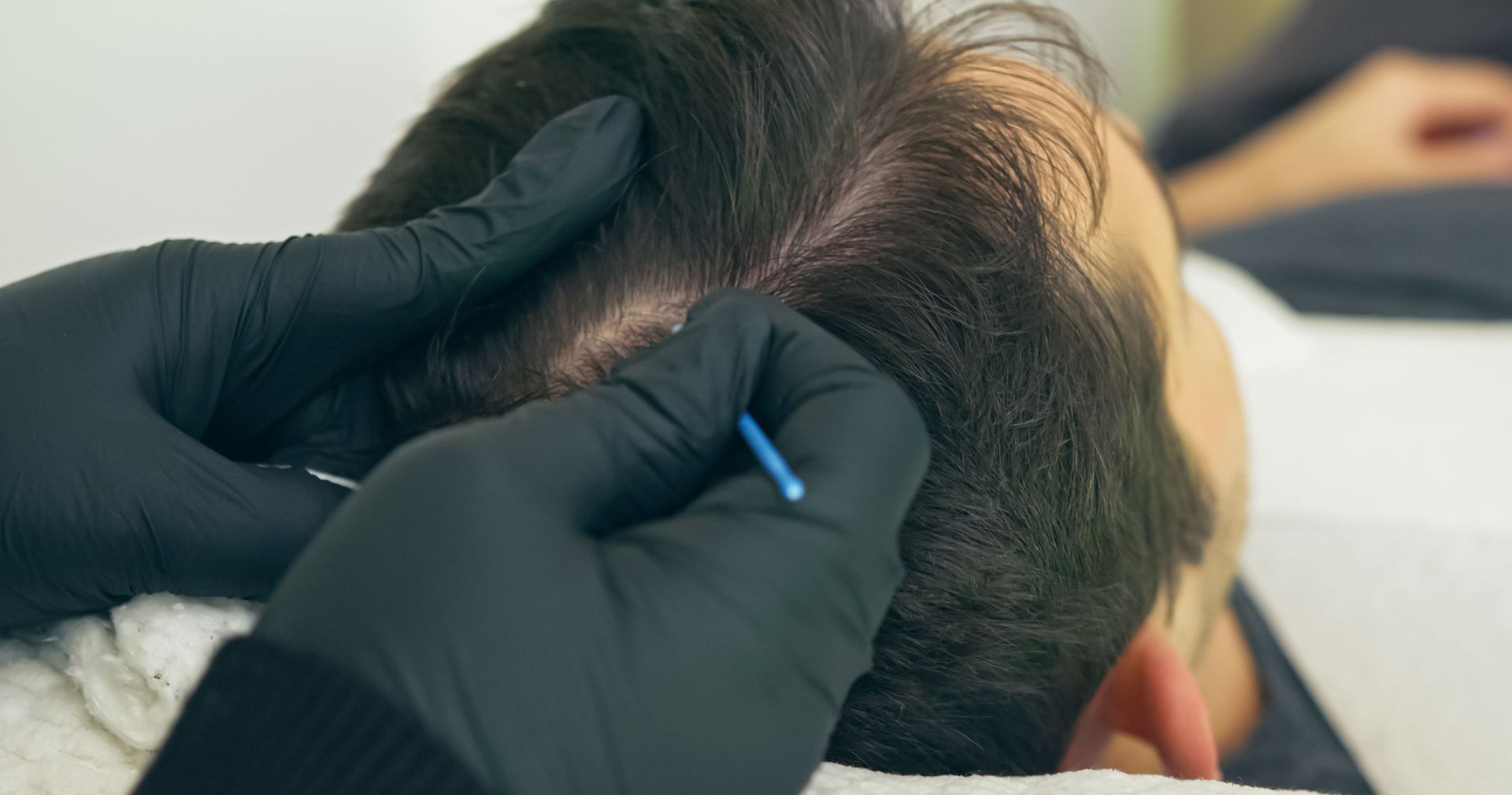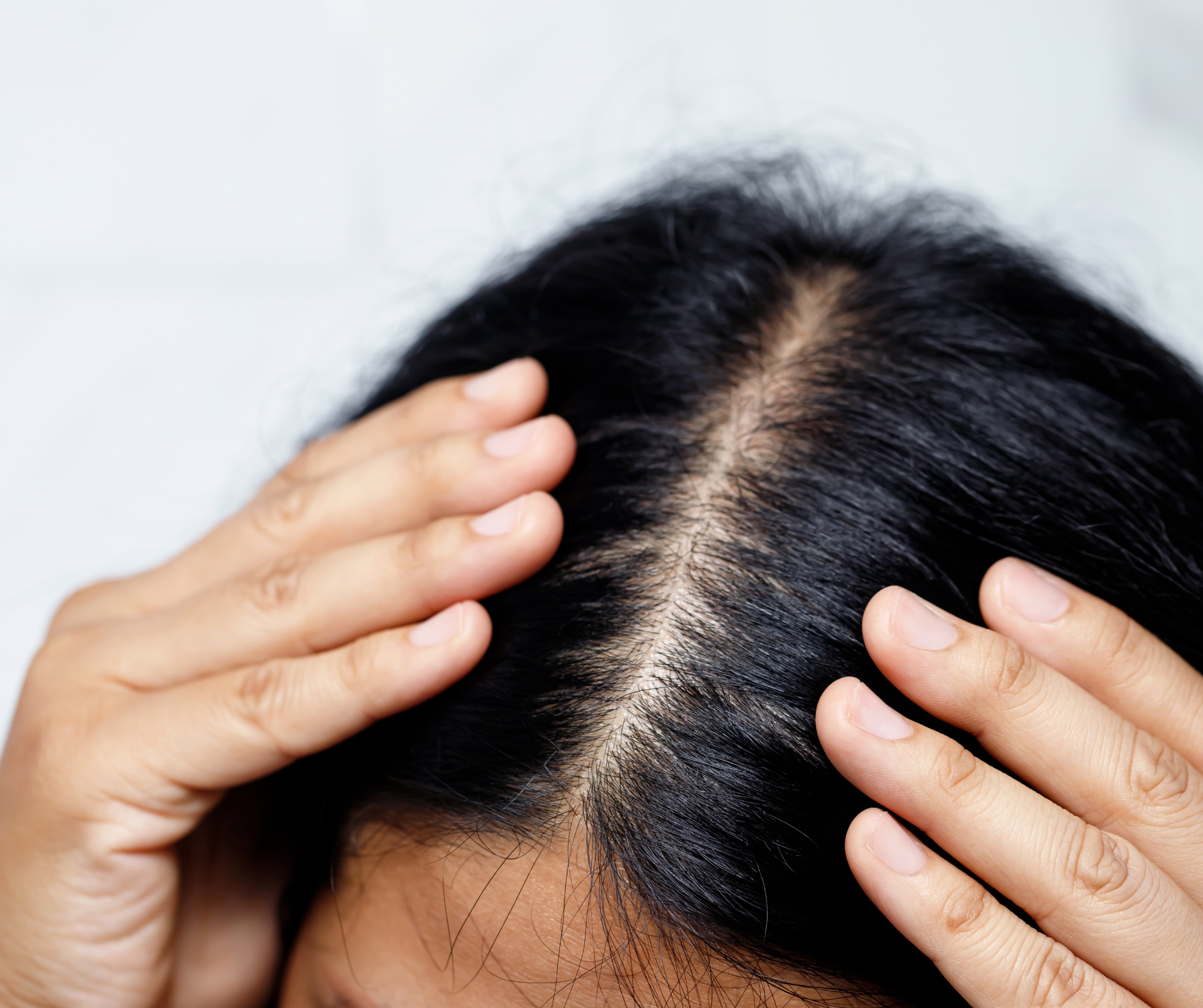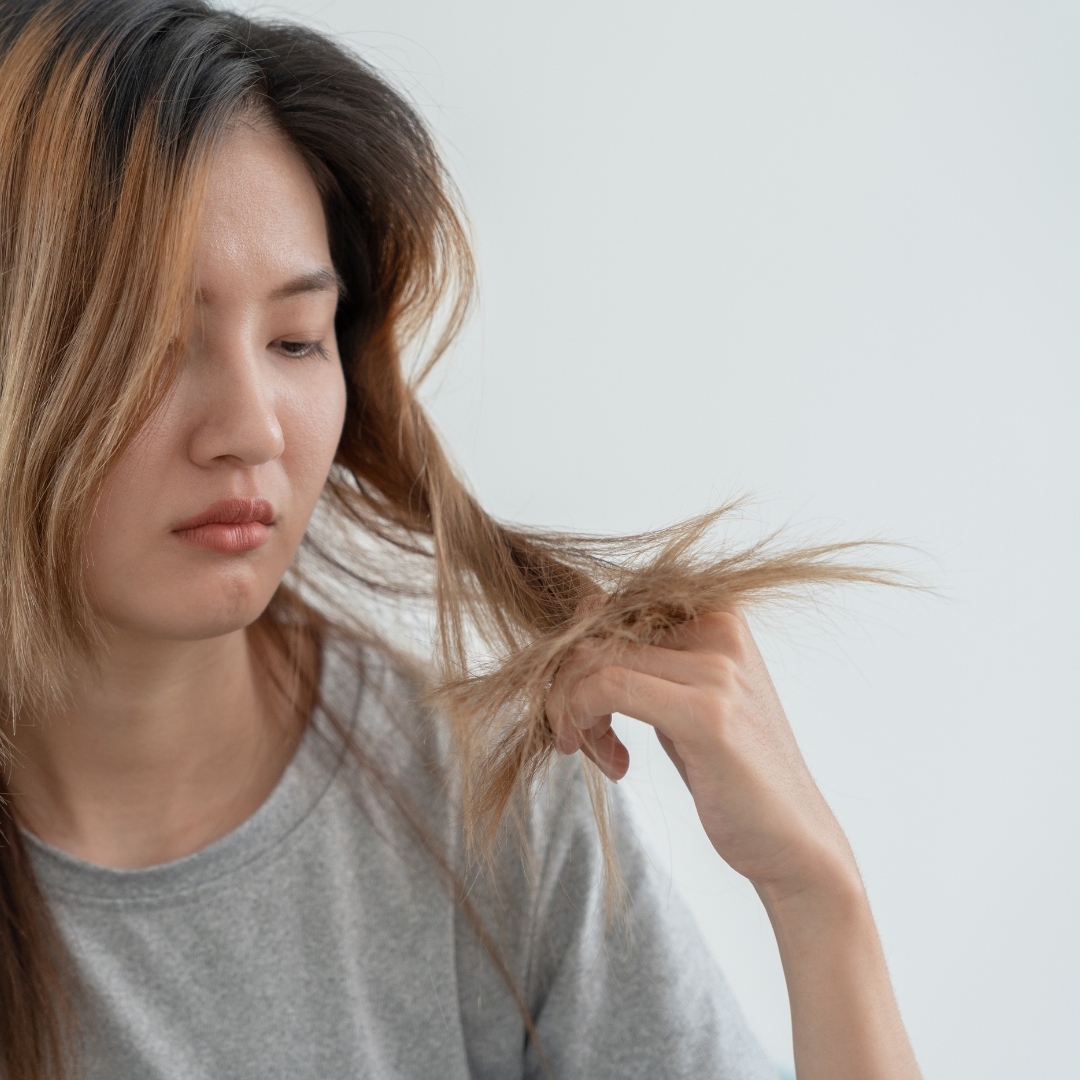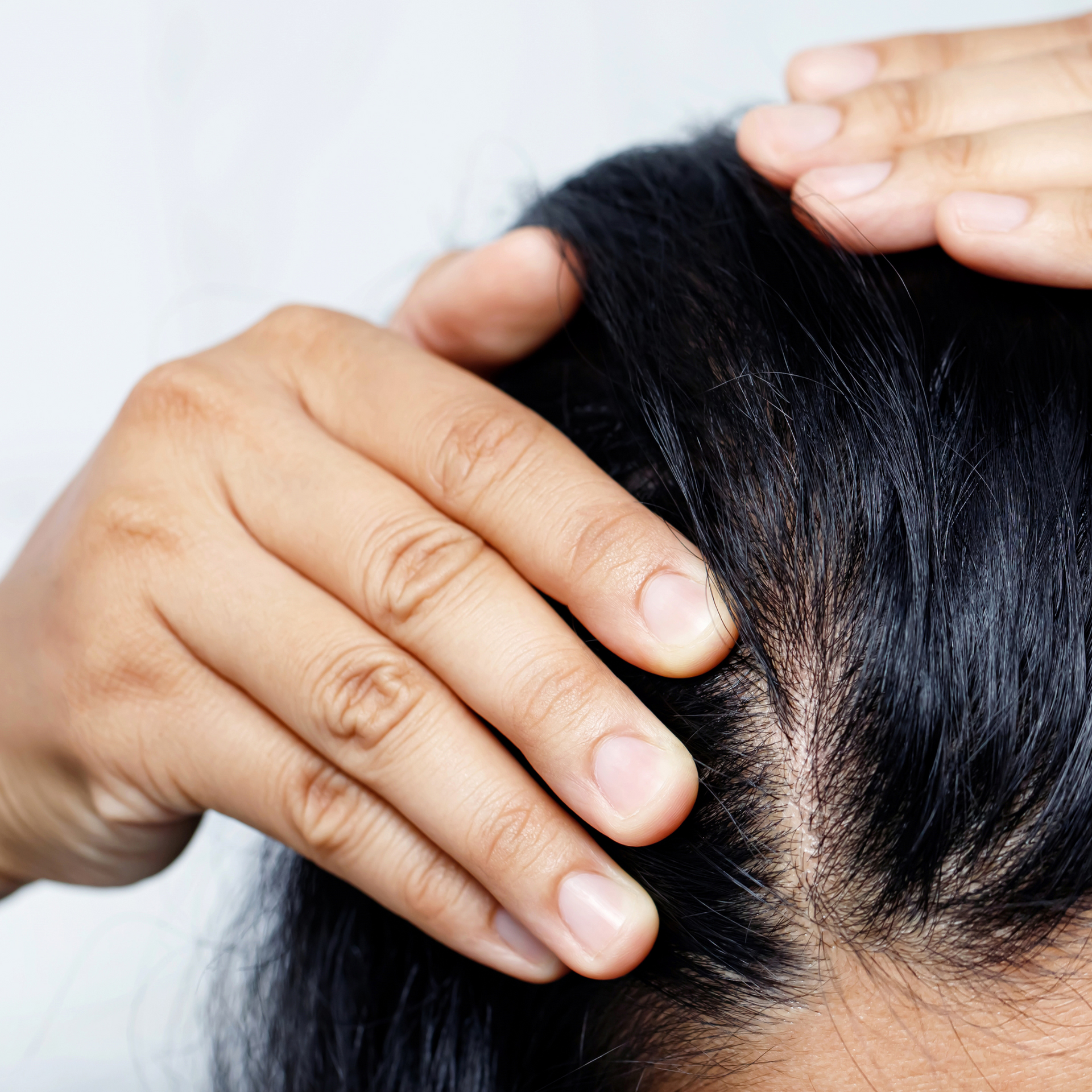Can Nutritional Deficiencies Lead to Hair Loss?
Understanding the Role of Diet in Hair Health and Growth
Hair follicles are among the most rapidly dividing cells in the body. To maintain their function and support hair growth, they require a consistent supply of nutrients. When the body lacks essential vitamins and minerals, it prioritizes vital organs over non-essential functions like hair production. This can lead to hair thinning or loss over time.
Key Nutrients for Healthy Hair
- Iron
Iron deficiency, the most common nutritional deficiency globally, is closely linked to hair loss. Iron helps red blood cells carry oxygen to the scalp and hair follicles, promoting healthy growth. Foods rich in iron include lean meats, spinach, beans, and fortified cereals. - Biotin
Often touted as a hair health hero, biotin is a B vitamin essential for keratin production. A lack of biotin can result in brittle hair or noticeable thinning. Good sources include eggs, nuts, and whole grains. - Zinc
Zinc supports the hair growth cycle by maintaining follicle health and sebum production on the scalp. A deficiency can lead to hair shedding. Include oysters, pumpkin seeds, and chickpeas in your diet to boost zinc intake. - Vitamin D
A lack of vitamin D has been linked to alopecia, a condition that causes hair to fall out in patches. Sunlight is the best source, but fortified milk, fatty fish, and supplements can also help. - Protein
Hair is made of keratin, a protein. Insufficient protein in your diet can lead to weak, brittle hair and slow growth. Incorporate lean meats, dairy, and plant-based proteins like tofu and quinoa into your meals.
Signs Your Hair Loss May Be Nutrition-Related
- Increased shedding or thinning
- Dry, brittle hair with a lackluster appearance
- Slow hair growth or stunted regrowth
- Hair breaking easily
If these symptoms persist, it’s wise to consult a healthcare provider to identify any underlying deficiencies.
What You Can Do to Support Hair Growth
- Adopt a Balanced Diet
Ensure your meals include a variety of nutrient-dense foods, including lean proteins, fruits, vegetables, and whole grains. - Consider Supplements
If dietary changes aren’t enough, targeted supplements for biotin, iron, or vitamin D may help. Always consult with a healthcare provider before starting new supplements. - Hydrate and Reduce Stress
Proper hydration and stress management also play a role in hair health. Chronic stress can exacerbate nutrient deficiencies and lead to hair loss. - Consult a Specialist
For persistent hair loss, a professional consultation can provide personalized advice and advanced treatments tailored to your needs.
Support for Your Hair Journey in Sarasota
At Nurse Holly Aesthetics in Sarasota, we understand the challenges that come with hair loss and thinning. From addressing underlying causes to offering innovative treatments, we’re here to help you regain confidence in your hair. Whether it’s tailored scalp care or advanced aesthetic solutions, we provide compassionate, expert care.
If you’re concerned about hair loss or thinning, book a consultation with Nurse Holly Aesthetics today and take the first step toward healthier, more resilient hair.











Share On: